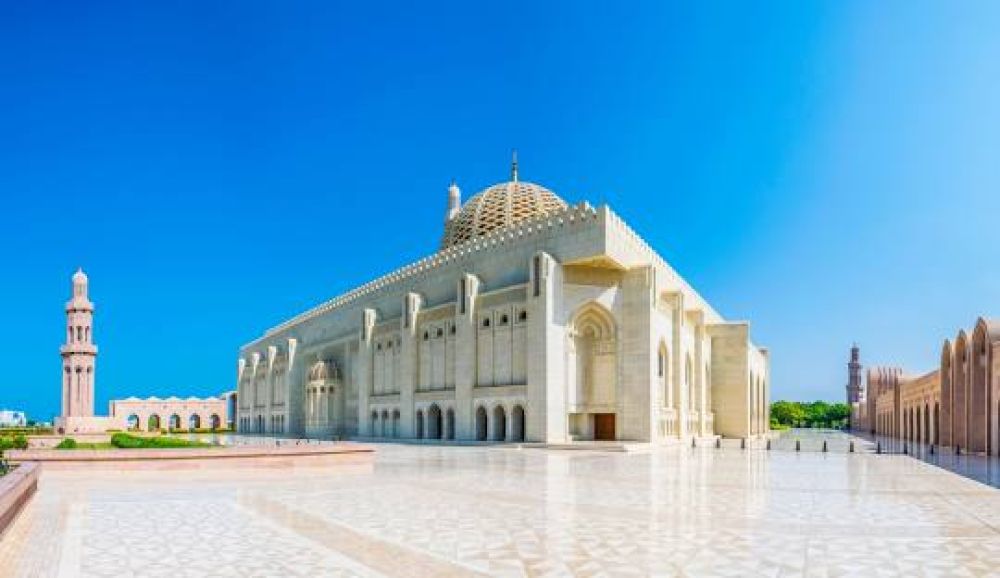

Located in the capital city of Muscat, the Sultan Qaboos Grand Mosque is an emblem of Islamic architecture and a pinnacle of modern Omani culture. While the mosque itself is not associated with a specific food history, it is situated in an area with rich gastronomic traditions. Omani cuisine has been influenced by Arab, Persian, Indian, African, and Mediterranean flavors due to Oman's history as a maritime empire and its role in the spice trade.
Meals are often communal, reflecting the importance of hospitality and sociability in Omani culture. Coffee and dates are typically offered to guests, symbolizing a warm welcome. During Islamic holy months like Ramadan, the mosque becomes a focal point for iftar meals that break the daily fast.
Address: Royal Opera House Muscat, Al Kharjiyah St, Muscat, Oman
Famous for: Omani fine dining, where one can try a variety of traditional Omani dishes, including vegetarian options.
Address: Way 2601, Building 2377, Near Zakher Mall, Muscat, Oman
Famous for: A mix of South Asian cuisine with a variety of vegetarian choices as well as chicken and fish dishes.
Address: 18th November St, Muscat, Oman
Famous for: Turkish kebabs and seafood dishes, with some vegetarian appetizers.
Address: Bareeq Al Shatti Mall, Muscat, Oman
Famous for: Contemporary Omani cuisine and fusion dishes, with vegetarian options available.
Address: Qurum Natural Park, Muscat, Oman
Famous for: North Indian Cuisine with a variety of vegetarian dishes alongside chicken and fish curry options.
It's important to note that while traditional Omani dishes often feature meat, the restaurants listed above offer a range of vegetarian options in order to cater to different dietary preferences.